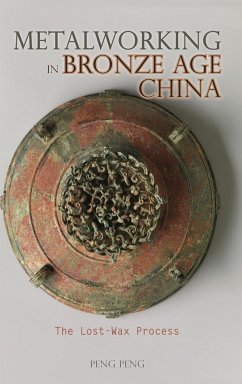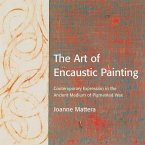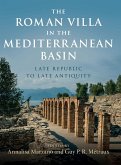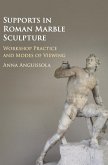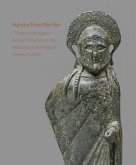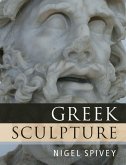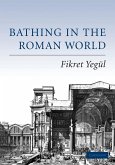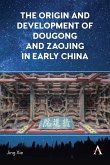Metalworking in Bronze Age China is the first study that adopts a comprehensive, thorough, and interdisciplinary approach toward early Chinese lost-wax castings. It shows that the dominant belief that the lost-wax process as the optimal method for casting bronzes deserves more rigorous examination. In a broader sense, the book provides a study on the "norms," which are seldom questioned. By examining the reasons why Chinese founders often chose not to use the lost-wax process they had clearly mastered, the book refutes the idea that lost-wax technology is the only "right way" to cast bronzes. This study demonstrates that a "norm" is in many ways an illusion that twists our comprehension of art, technology, civilization, and history. This book is in the Cambria Sinophone World Series, headed by Victor Mair (University of Pennsylvania). *Includes 225 images.

